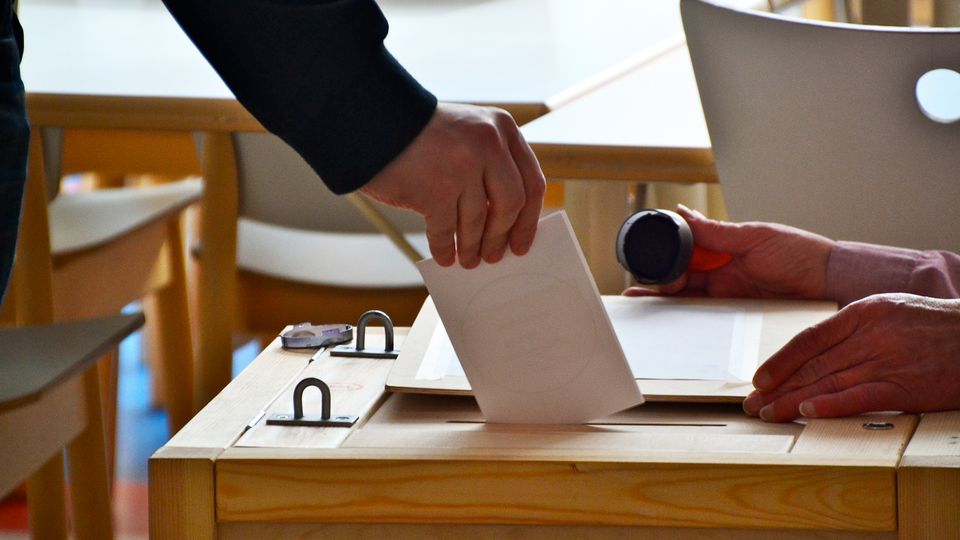Party preference a major factor in Finnish elections

Studies indicate that the importance of party affiliation in voter behaviour has been on the rise since the turn of the century. In parliamentary elections in 2011 and 2015, voters tended to give more weight to the choice of a party when casting their votes than to the individual candidate. Research published by the Foundation for Municipal Development in January shows that trend is continuing.
Researchers say that the significance of the focus on candidates in Finland’s parliamentary elections is often exaggerated.
“In light of the statistics, the idea that the importance of parties has declined over the past few years is not true,” says Ville Pitkänen, a political scientist at the Helsinki-based e2 Research think tank.
Talk of a decline in party appeal has largely centred on presidential elections. In the 2018 presidential election, Sauli Niinistö was reelected after running as an independent with the backing of an election association, rather than a party. Many of the other candidates who threw their hats into the ring distanced themselves from party affiliations. During the campaign, there were voices that accused the parties of lacking vision, of abandoning ideological principles, and of being behind the times.
Presidential elections are, however, very much about personality and candidates seeking to attract voters across party lines. In elections for parliament, party affiliation of individual candidates makes a difference, in large part because voting patterns affect the composition of the cabinet.
Government resignation
According to Pitkänen, clashes between political parties have reemerged in recent years because of the composition of cabinets. The term of the outgoing Parliament was clearly marked by an ideological divide between the government and the opposition. On the one hand there was a cabinet including traditional centre-right parties, and on the other an opposition with a strong leftist element.
“That has maybe increasingly meant that the differences between parties is easier to see,” points out Pitkänen.
The resignation of the government in early March has stirred the pot, though, setting the two main parties in the cabinet, the Centre and the conservative National Coalition Party (NCP), against each other.
Pitkänen believes that the idea that there is little difference among the parties stems from the so-called “rainbow coalitions” at the start of the 2000s that brought a wide spectrum of political thought into the same cabinets.
“When you have more ideologically aligned governments, it probably better brings out what kind of differences there are among the parties,” he says.
Still candidate-centred
The growing importance of party affiliation does not mean, however, that the days are numbered for Finland’s candidate-centred electoral system. While in most parties of Europe one can vote a party ticket, in Finland voters must choose both a party and an individual candidate.
Voters tend to give greater weight to personality than to actual substance on the issues, points out political science professor Hanna Wass of the University of Helsinki.
Once a voter finds a candidate that he or she can identify with, party affiliation becomes a secondary consideration.
“There are indications on the basis of studies that it is almost easier to change one’s own views than it is to make a change in the candidate one identifies with,” says Wass.
When polled, though, voters usually downplay the importance of individual candidates.
“The concept of the ‘enlightened voter’ is still very much alive and somehow people think that choices based on individuals are of secondary importance. Also, for some reason, voters shy away from non-political viewpoints, such as I want more than anything a female candidate, or one my own age,” points out Wass.
Related stories from around the North:
Canada: Federal budget promises $700M for Canada’s North over next decade, CBC News
Finland: Finnish president makes state visit to China, Yle News
Sweden: Swedish PM Stefan Löfven unveils new cabinet, Radio Sweden
United States: Alaska governor faces tough criticism over proposed budget cuts, Alaska Public Media



